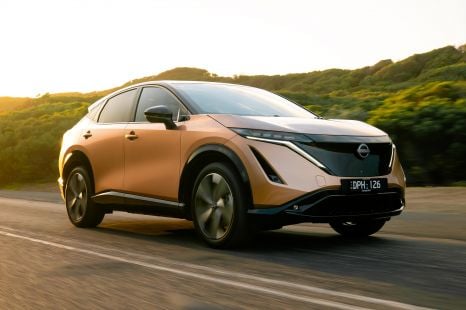

James Wong
2026 Nissan Ariya review
3 Days Ago
Honda, Land Rover, Mercedes-Benz, Porsche and Volkswagen have all been awarded trophies at this year's World Car awards.

Contributor
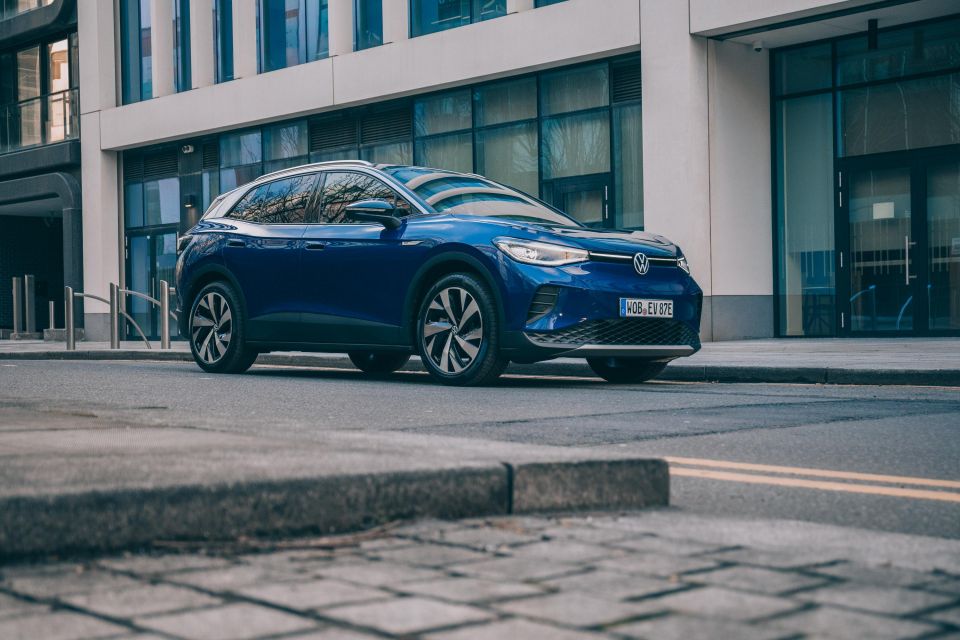

Contributor
Volkswagen’s electric SUV for the masses was the headline act at the 2021 World Car Awards.
Judges have announced this year’s winners, with five new vehicles crowned in the award’s second-ever online-only event.
Categories for the awards are luxury, performance, urban, design and overall car of the year.
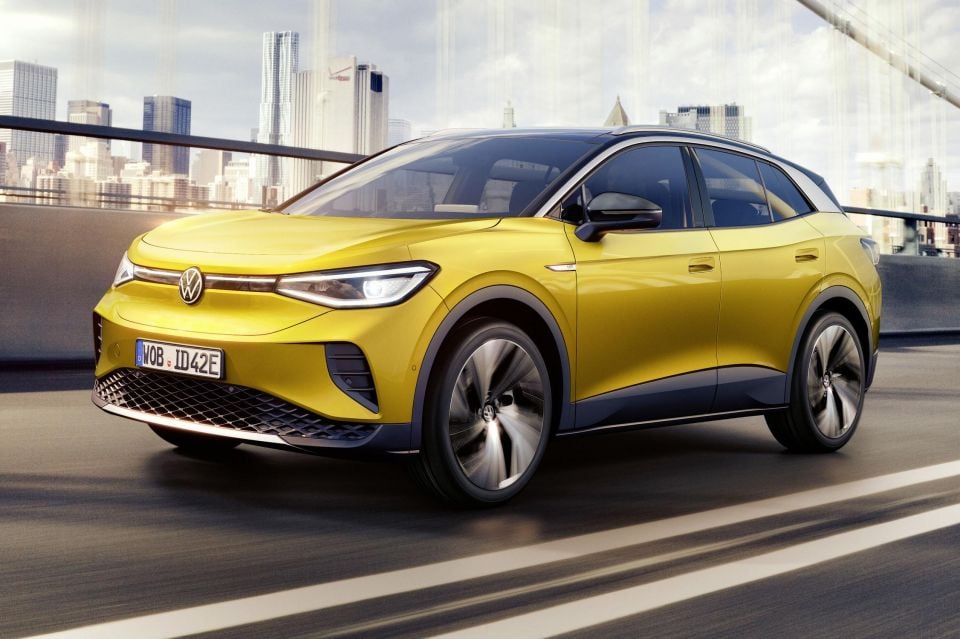
Being Volkswagen’s fifth World Car of the Year winner, the ID.4 beat out the Honda E and the Toyota Yaris to take the crown.
The ID.4 outscored the Honda E by 56 points, and was 66 points ahead of the Yaris.
Past Volkswagen winners include the sixth- and seventh-generation Golf, the Up! city car, and the fifth-generation Polo.
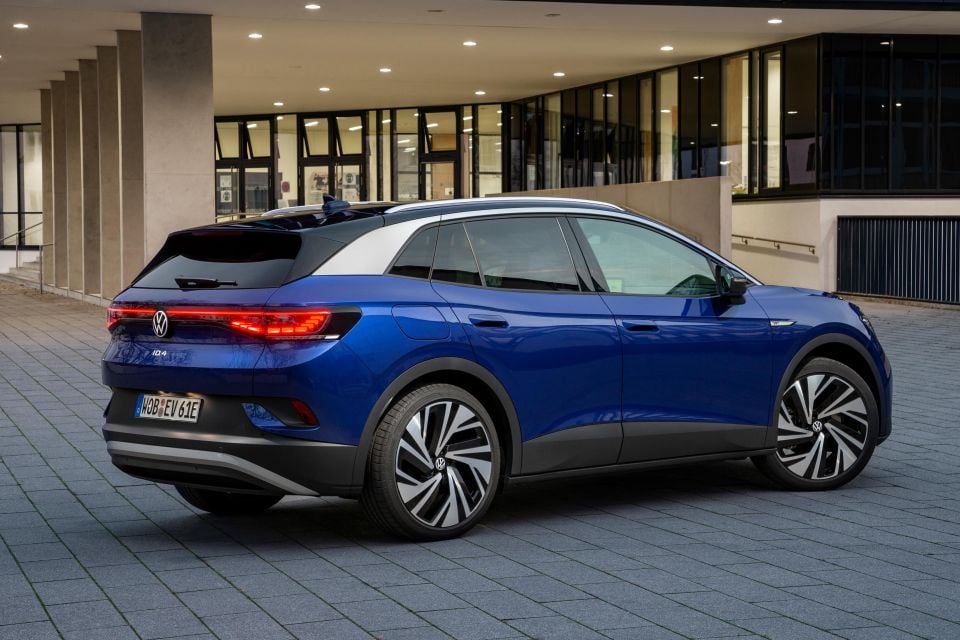

The all-electric SUV has not made its way to Australian shores just yet, though it’ll potentially arrive here late in 2023.
There are three different electric motors with outputs of either 109kW/220Nm, 125kW/310Nm or 150kW/310Nm, plus a choice of 52kWh or 77kWh battery packs.
The ID.4 features a minimalist cabin with a digital instrument cluster and a touchscreen infotainment display that controls most functions.
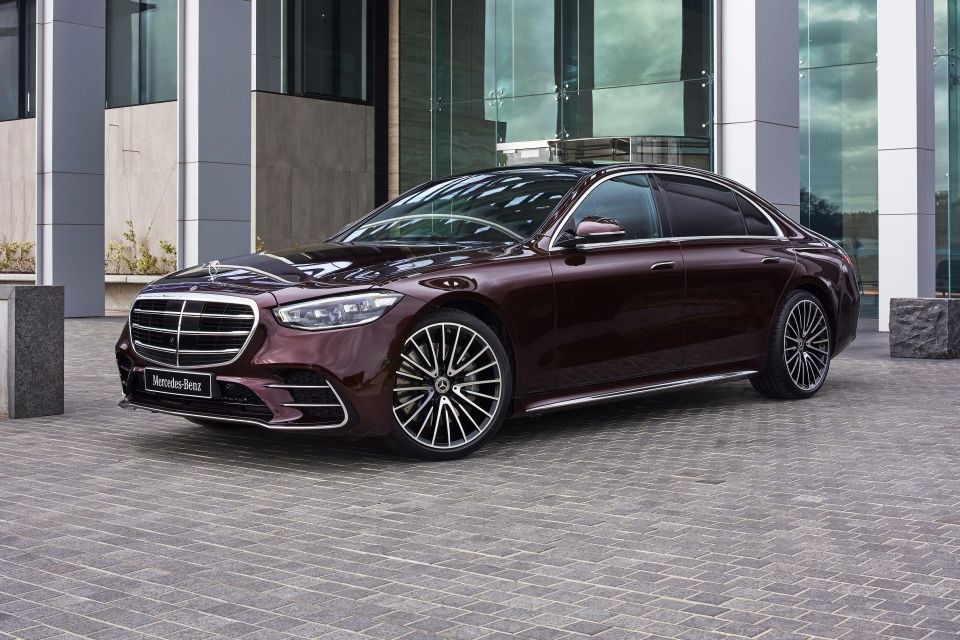
Being Mercedes-Benz’s fourth World Luxury Car winner, the seventh-generation S-Class beat out the Polestar 2 and the Land Rover Defender to take the crown.
The S-Class was 38 points ahead of the Polestar 2, and 79 points ahead of the Defender.
It’s also the second time an S-Class has won the World Luxury Car title in its 17-year history.
Starting at $240,700 before on-road costs, the uber-luxurious S-Class is currently only available with one engine in Australia.
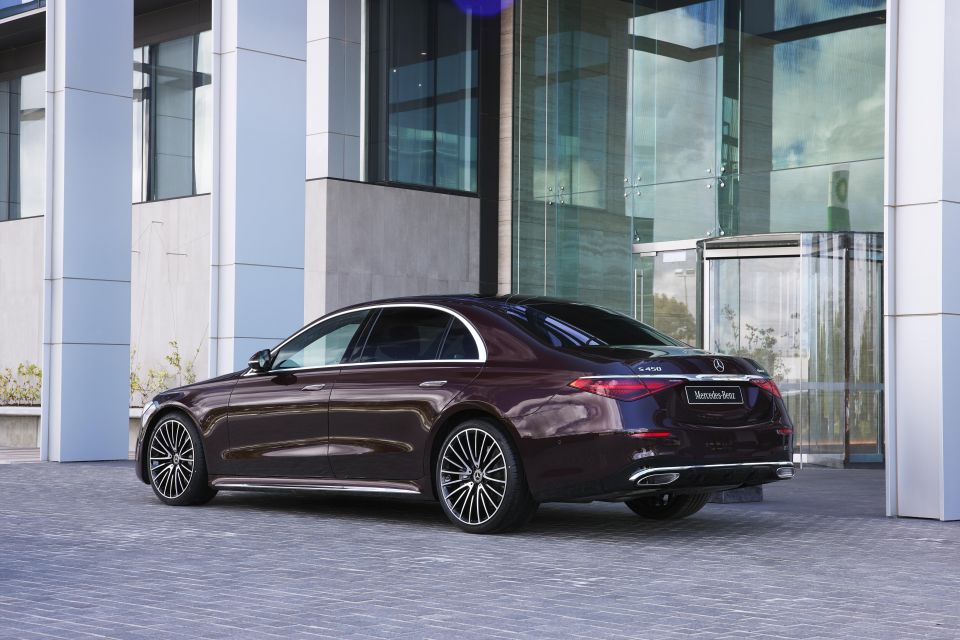
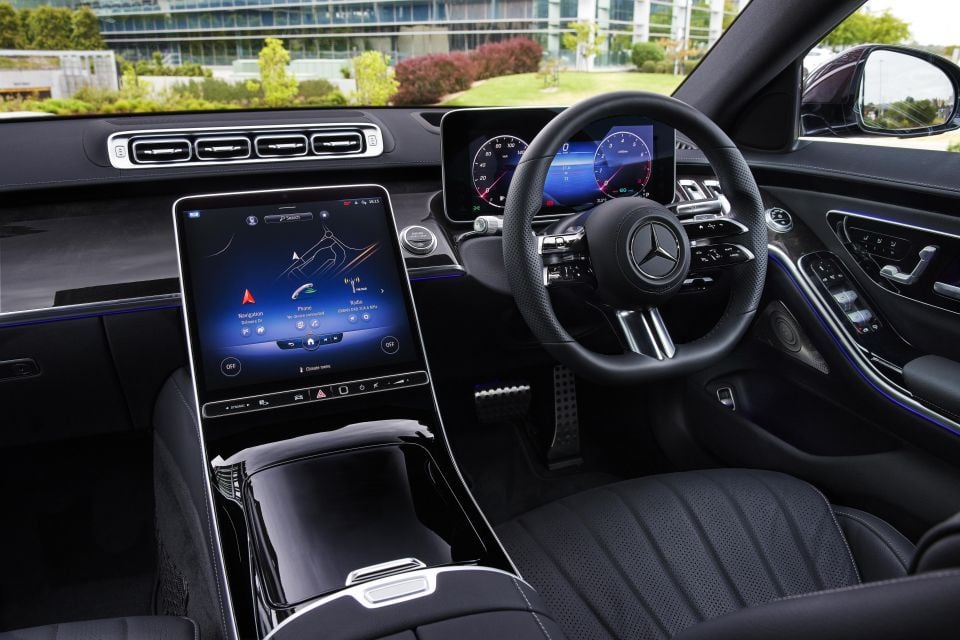
Its turbocharged 3.0-litre inline-six petrol engine produces 270kW of power and 500Nm of torque, mated to an EQ Boost 48V mild-hybrid system capable of adding 16kW and 250Nm.
There’s a turbocharged 4.0-litre V8 also with 48V mild-hybridisation expected by the end of the year.
As standard, the S-Class features multiple displays, a 15-speaker sound system and flush-fitting door handles.
It was praised for its innovations in not only comfort, but safety and efficiency.
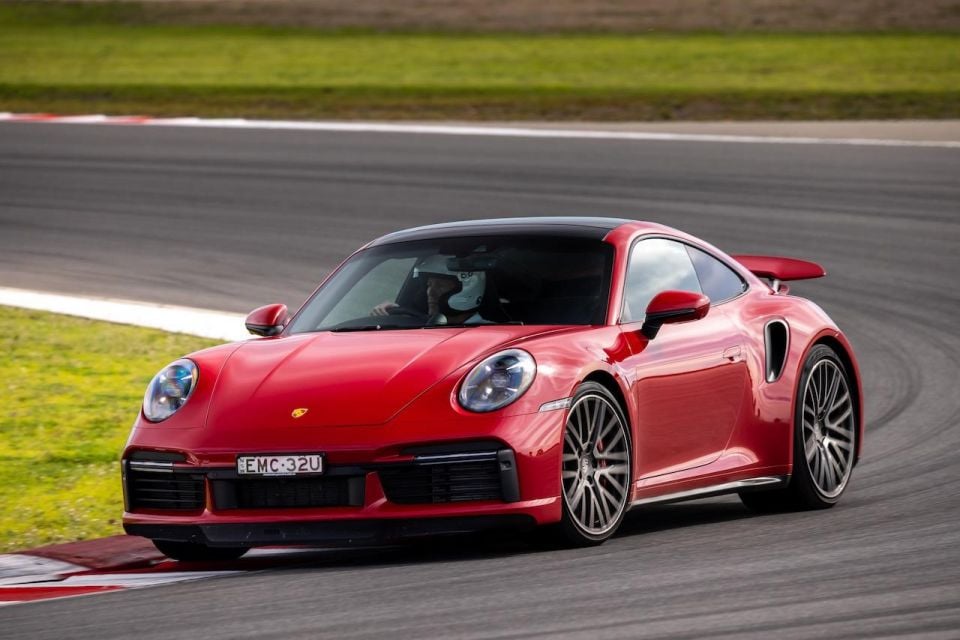
Porsche’s seventh World Performance Car winner, the latest 911 Turbo beat out the Audi RSQ8 and the Toyota GR Yaris to take the crown.
The 911 Turbo finished 30 points ahead of the RSQ8 and 49 points ahead of the GR Yaris.
Powered by a rear-mounted twin-turbo 3.8-litre flat-six, the 911 Turbo can do the 0-100km/h sprint in 2.8 seconds.
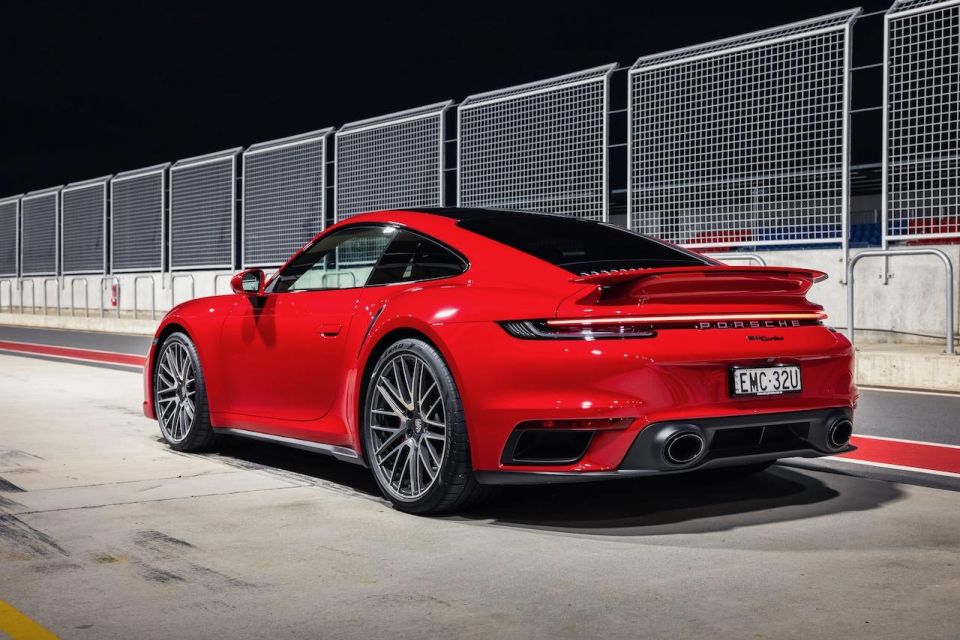
The engine produces 427kW of power and 750Nm of torque, sent to all four wheels through an active all-wheel drive system that can send 500Nm of torque to the rear wheels.
The flat-six is mated to an eight-speed PDK transmission, while the 911 Turbo also includes a rear-wheel steering system.
Starting at $405,000 before on-road costs, the 911 Turbo is $77,000 cheaper than its more powerful Turbo S sibling.
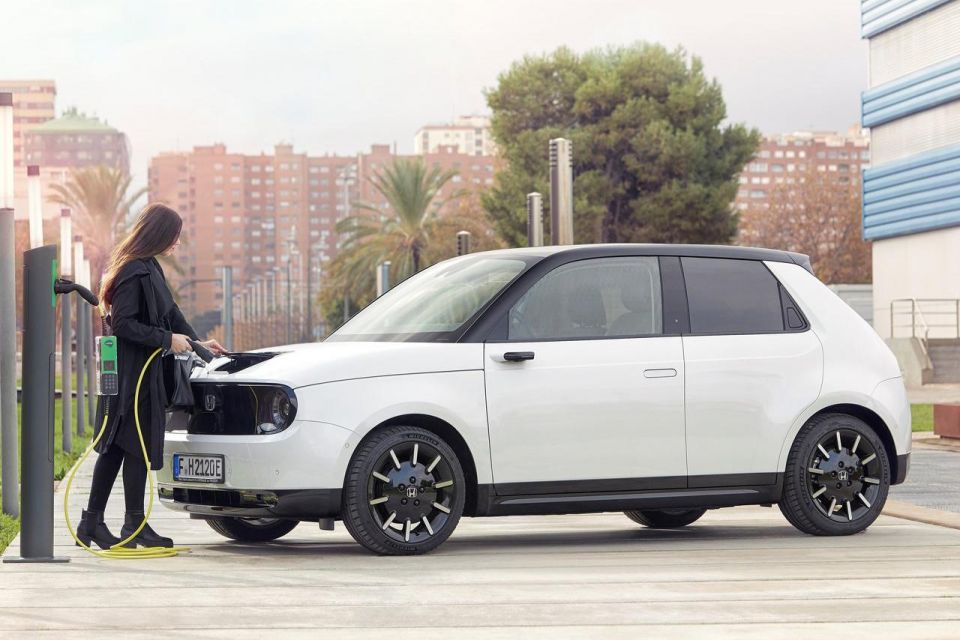
The Honda E beat out the Honda Jazz and Toyota Yaris, giving the Japanese brand its first World Urban Car award.
The Honda E was 17 points ahead of the Yaris and 35 points ahead of the Jazz.
It’s propelled by a rear-mounted electric motor with either 100kW or 113kW of power. There’s 315Nm of torque with both outputs.
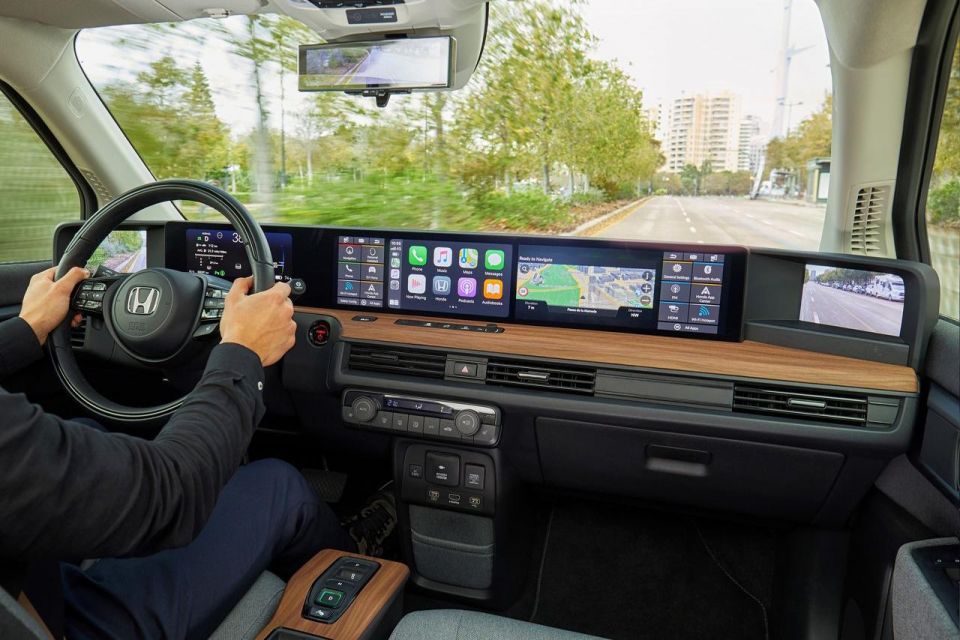
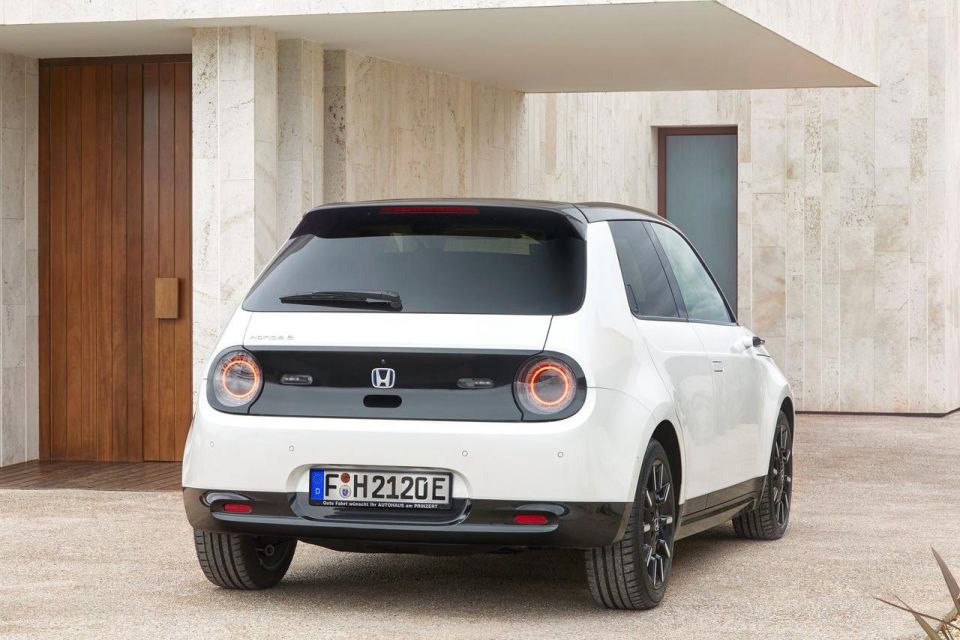
The E uses a 35.5kWh lithium-ion battery pack and has a claimed range of 220km under the stricter WLTP standard.
The city-sized hatchback features a large slab of screens that includes projections from the digital side mirrors.
The E has yet to be confirmed for an Australian launch.
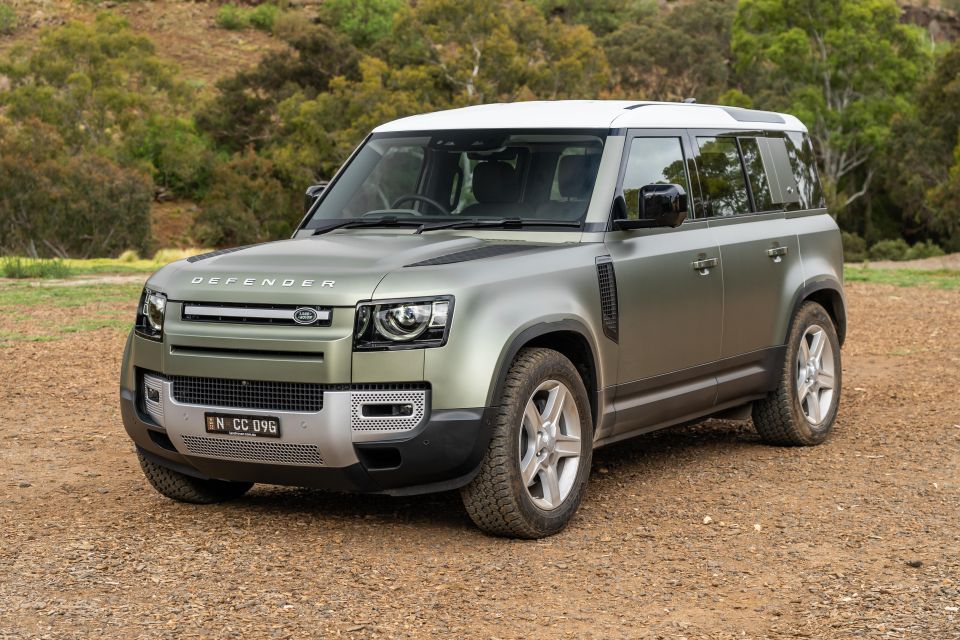
Picking up Jaguar Land Rover’s sixth World Car Design of the Year award, the Land Rover Defender beat out the Honda E and the Mazda MX-30.
Jaguar Land Rover is now the manufacturer with the most World Car Design of the Year wins in the award’s 17-year history.
The Defender scored 60 points ahead of the Honda E and 102 points ahead of the Mazda MX-30.
Starting at $71,500 before on-road costs, the Defender is available in 90 three-door and 110 five-door guise and with a choice of three diesel and three petrol engines.
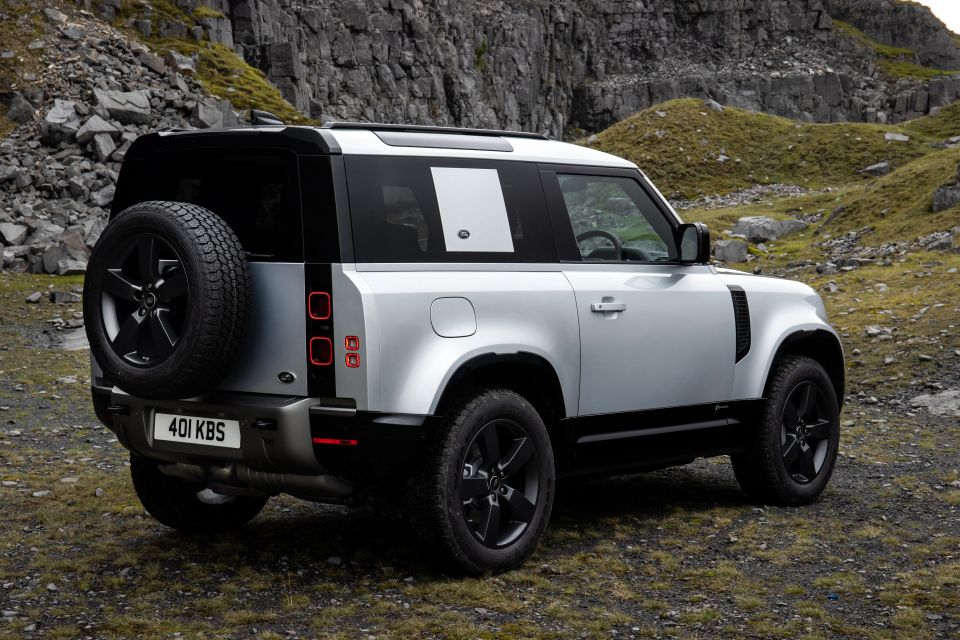
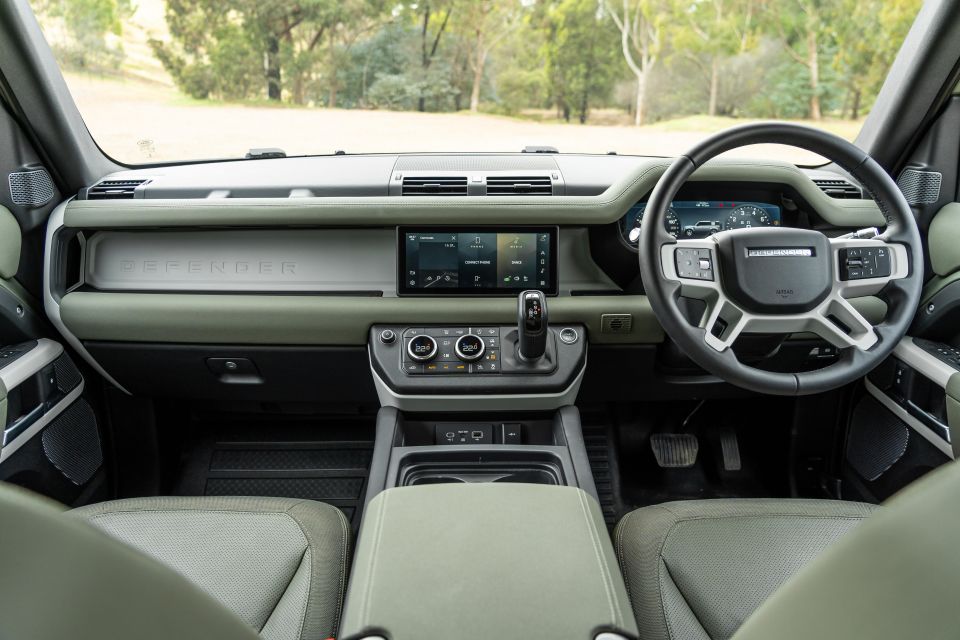
These are all mated to an eight-speed automatic transmission with a high- and low-range transfer case.
All models include adaptive electronic air suspension, a surround-view camera and a range of off-road drive modes
Jaguar Land Rover was praised for designing a 21st century vehicle that was influenced yet not constrained by the past, and one which hasn’t lost its renowned off-road capabilities.
These award-winning recipients were voted by a panel of 90 international jurors, with the design panel consisting of seven design experts.
MORE: Land Rover Defender news, reviews, comparisons and videos MORE: Mercedes-Benz S-Class news, reviews MORE: Porsche 911 news, reviews, comparisons and videos MORE: Volkswagen ID.4 review
Jack Quick is an automotive journalist based in Melbourne. Jack studied journalism and photography at Deakin University in Burwood, and previously represented the university in dance nationally. In his spare time, he loves to pump Charli XCX and play a bit of Grand Theft Auto. He’s also the proud owner of a blue, manual 2020 Suzuki Jimny.


James Wong
3 Days Ago
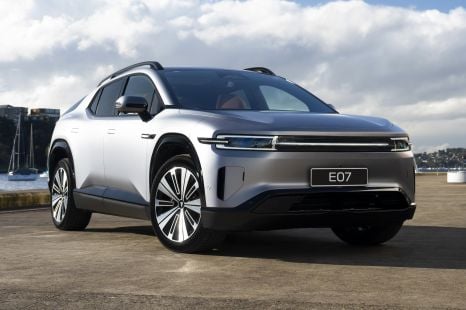

William Stopford
3 Days Ago
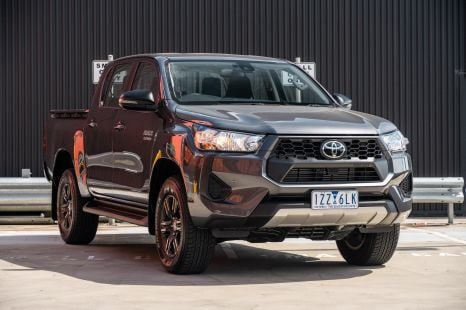

Josh Nevett
2 Days Ago
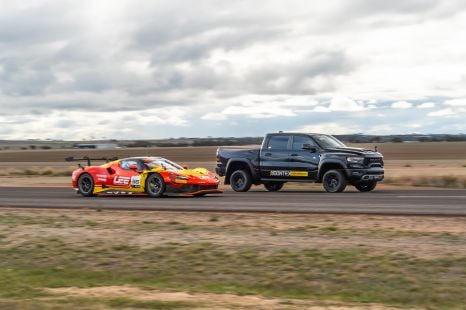

Paul Maric
1 Day Ago
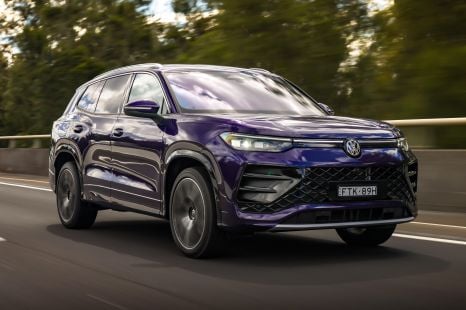

Damion Smy
18 Hours Ago
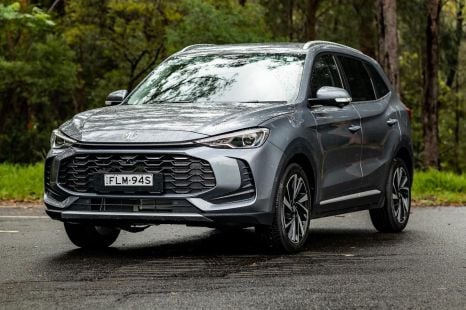

Matt Campbell
11 Hours Ago